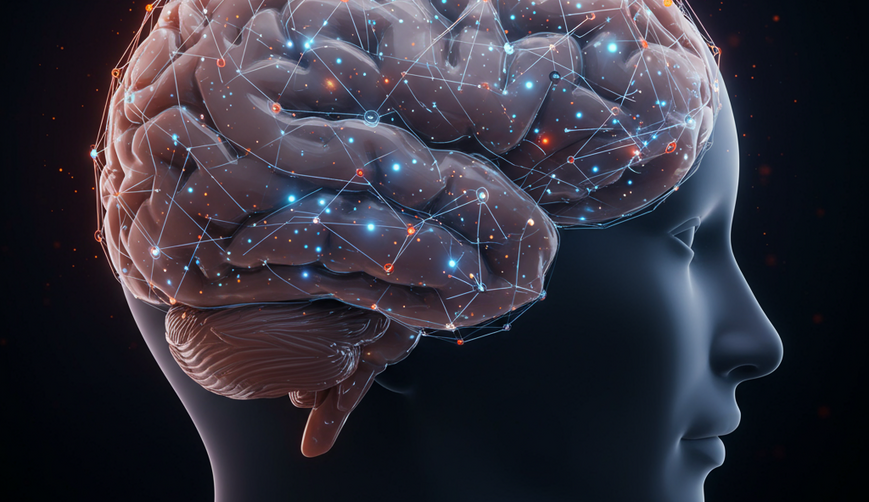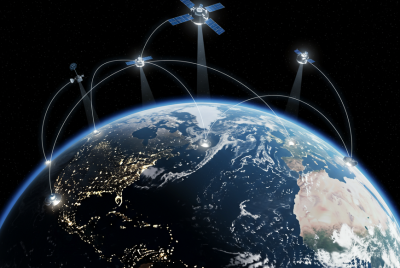Decoding the Enigma: AI and the Human Brain
Today’s AI landscape is fascinatingly defined by the very ways in which neural networks are unlike human brains. A toddler can master the complexities of language and communication with the caloric intake of a small woodland creature and a bit of regular chat. Meanwhile, some tech companies are practically rebooting nuclear power stations to train and run large language models (LLMs), consuming vast amounts of energy and data – the digital equivalent of devouring several libraries, a few rainforests and a small country in one sitting. This stark contrast begs the question: how can we bridge this gap and use AI to truly understand the human mind?
The Quest for Cognitive Insights
Scientists are exploring several avenues to leverage AI’s power for understanding our own cognitive machinery. One approach involves using AI to analyze complex neurological data – from fMRI scans to EEG readings – to identify patterns and biomarkers associated with various cognitive processes. Imagine AI sifting through the electrical chatter of billions of neurons, like a highly caffeinated librarian organizing a chaotic library, revealing hidden structures and correlations that would be impossible for humans to detect unaided. It could very well crack the code that our own consciousness seems so reluctant to disclose.
AI as a Mirror to the Mind
Another exciting area lies in creating AI models that mimic specific aspects of human cognition. By building artificial systems that can learn, reason, and even exhibit rudimentary forms of creativity, researchers gain valuable insights into the underlying mechanisms driving these processes in humans. Think of it as holding a mirror up to the mind, albeit a slightly distorted, digital one. These ‘cognitive mirrors’ can help us understand how our minds work, especially in areas like decision-making, problem-solving, and even emotional responses.
Navigating the Ethical Landscape
However, this journey of discovery isn’t without its challenges. As we delve deeper into the human mind with AI, ethical considerations become paramount. How do we ensure responsible data handling when dealing with such sensitive information? How do we prevent biases in AI models from perpetuating or even exacerbating existing societal prejudices? It’s rather like giving a toddler the keys to a fancy sports car; exhilarating, potentially disastrous, and almost certainly requiring the oversight of several very anxious adults. Striking the right balance between scientific advancement and ethical responsibility is crucial for ensuring this technology serves humanity in a positive and equitable way.
The Future of Mind-Machine Collaboration
The convergence of AI and neuroscience promises a future of deeper self-understanding. Imagine a world where personalized learning programs, tailored to individual cognitive profiles, unlock human potential like never before. Or perhaps AI-powered tools could help us diagnose and treat neurological disorders with unprecedented precision. The possibilities are immense, and by embracing human-centered AI development principles – transparency, accountability, and fairness – we can ensure this powerful technology empowers us all, rather than leading to a dystopian sci-fi sequel we never asked for.




